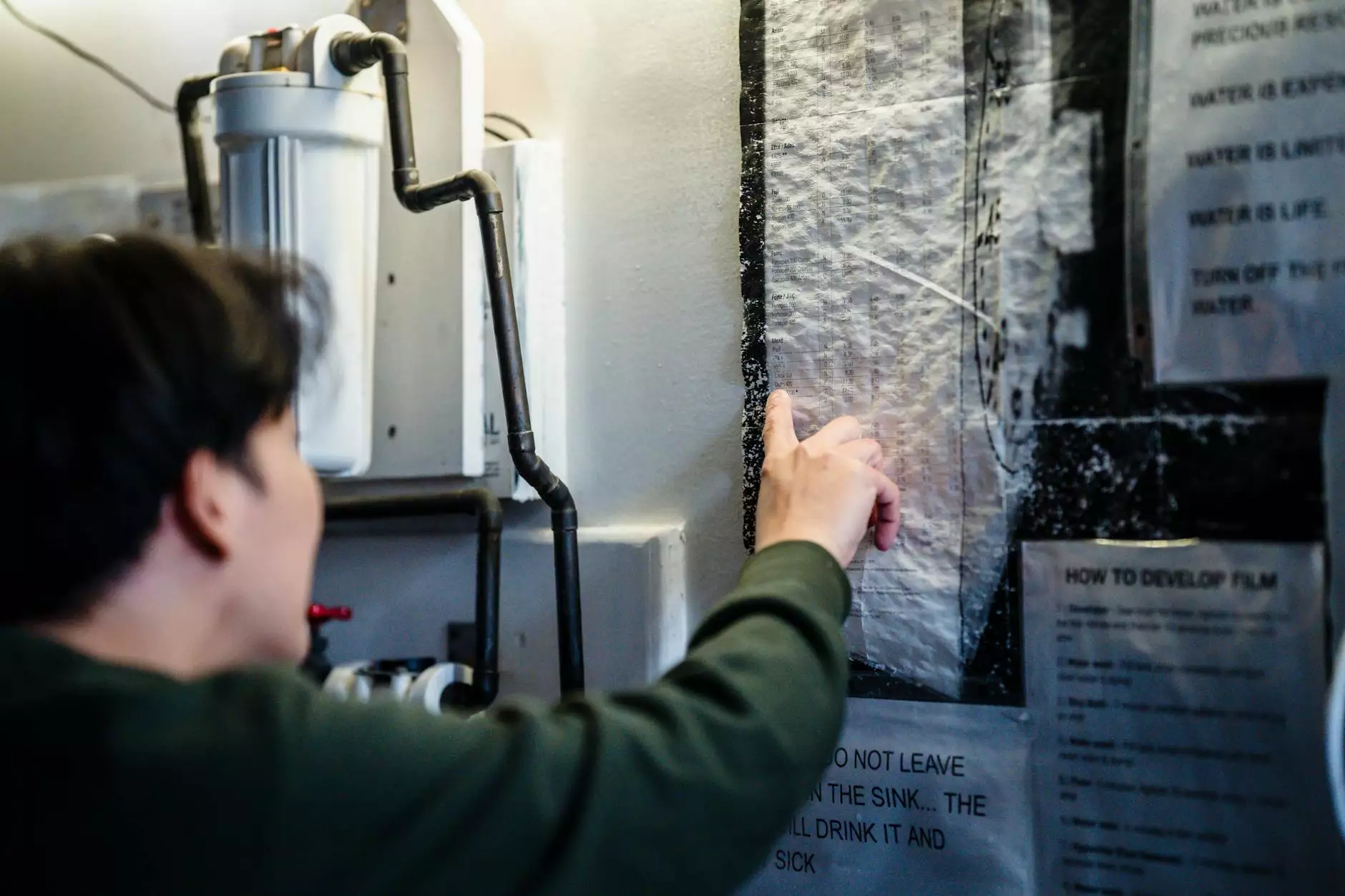Understanding Zirconia Dental Crowns: The Ultimate Guide

Zirconia dental crowns have transformed the landscape of restorative dentistry in recent years. They are renowned for their durability, strength, and aesthetic appeal, making them a popular choice for dental restorations. If you find yourself seeking information about these innovative dental solutions, you are in the right place. In this comprehensive guide, we will delve deep into what zirconia crowns are, their benefits, the procedure for getting them, and aftercare tips to maintain their longevity.
What are Zirconia Dental Crowns?
A zirconia dental crown is a type of dental restoration made from zirconium dioxide, a ceramic material that offers an excellent balance between strength and beauty. Unlike traditional metal crowns, zirconia crowns are crafted to blend seamlessly with natural teeth, making them an ideal option for front teeth restorations where appearance is crucial.
Key Benefits of Zirconia Dental Crowns
Zirconia crowns bring forth numerous advantages that make them a preferred choice for patients and dentists alike. Here are some of the most significant benefits:
- Durability: Zirconia is exceptionally strong, making these crowns highly resistant to wear and tear. They can withstand the forces of chewing and grinding better than many other crown materials.
- Aesthetics: Their natural tooth-like appearance allows zirconia crowns to blend perfectly with the surrounding teeth, providing an aesthetically pleasing solution for restorations.
- Biocompatibility: Made from a ceramic material, zirconia is biocompatible, meaning it is less likely to cause allergic reactions or sensitivity issues. This makes them suitable for patients with metal allergies.
- Minimal Tooth Reduction: The application of zirconia crowns often requires less tooth reduction compared to traditional metal crowns, preserving more of the natural tooth underneath.
- Resistance to Staining: Zirconia crowns are highly resistant to staining and discoloration, ensuring that they maintain their appearance over time.
Types of Zirconia Dental Crowns
When considering a zirconia dental crown, it’s essential to understand the different types available, as each serves specific needs:
- Full Zirconia Crowns: These crowns are made entirely from zirconia and offer superior strength, making them suitable for back teeth where more force is exerted.
- Zirconia Layered Crowns: These crowns have a zirconia core with a porcelain overlay, combining the durability of zirconia with the aesthetic appeal of porcelain.
- Monolithic Zirconia Crowns: These crowns are made from a single block of zirconia, offering a robust solution with great aesthetics while minimizing chipping risks.
The Procedure for Getting a Zirconia Dental Crown
Understanding the procedure involved in getting a zirconia dental crown can help alleviate some concerns and set expectations. Here’s a detailed breakdown:
1. Initial Consultation
The journey begins with a thorough examination by your dentist, who will assess the health of your teeth and determine if a zirconia crown is a suitable option for you. X-rays may be taken to understand the underlying structure better.
2. Tooth Preparation
If a crown is deemed necessary, the next step is to prepare the tooth. This involves reshaping the natural tooth to ensure a secure fit for the crown. Your dentist will remove any decay and may use a local anesthetic to minimize discomfort.
3. Impressions and Shade Selection
Your dentist will take precise impressions of your teeth to create a custom crown that fits perfectly. Additionally, a shade guide will be used to choose a color that matches your natural teeth.
4. Temporary Crown Placement
While your permanent crown is being fabricated, a temporary crown may be placed to protect the prepared tooth and maintain its function during the waiting period.
5. Crown Fabrication
The dental laboratory will use the impressions and specifications to create your custom zirconia crown, typically taking a week or two.
6. Crown Placement and Final Adjustments
Once the crown is ready, your dentist will remove the temporary crown and place the zirconia crown. They will check for proper fit and bite, making any necessary adjustments for comfort and functionality.
Aftercare for Zirconia Dental Crowns
After receiving your zirconia crown, proper care and maintenance are crucial to ensure its longevity and successful integration into your dental structure:
- Maintain Oral Hygiene: Brush and floss your teeth regularly, paying close attention to the area around your crown to prevent plaque buildup.
- Regular Dental Check-ups: Visit your dentist for regular check-ups and professional cleanings to monitor the health of your crown and surrounding teeth.
- Avoid Hard Foods: Be cautious when eating hard, sticky, or chewy foods that could potentially damage your crown.
- Use a Night Guard: If you have a tendency to grind your teeth, wearing a night guard can protect your crowns from excessive force.
Conclusion
In conclusion, zirconia dental crowns offer a multitude of benefits that enhance both function and aesthetics for individuals seeking dental restoration solutions. With their impressive strength, durability, and natural appearance, they are an excellent investment in oral health. If you’re considering a zirconia crown, consult with your dental professional to discuss the best options tailored to your specific needs.
At wupdoc.com, we are dedicated to providing valuable information about dental procedures and connecting you with qualified professionals. Take the first step towards a healthier and more beautiful smile by exploring your options in dental care today!



